local
history around La Calestienne
|
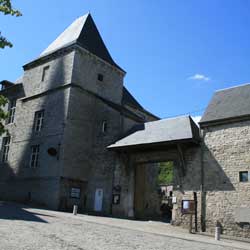 |
The Ecomuseum
of the Viroin region , at 13 km from La Calestienne, has been organised in the castle farm
of Treignes. Here the university of Brussels studies rural technologies of
the nineteenth century. Their museal collection of artefacts concerning
wood- and leatherwork, the stone and metal industries, and machinery used
in agriculture surely deserves your visit. |
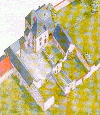 |
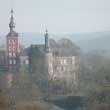 |
The organisation
Les Plus Beaux Villages de la Wallonie or "The most beautiful
villages of Wallonia" tries to conserve the local character of these
villages and
stimulates the revalorisation of their being. Members of this organisation
in the neighbourhood are Vierves, Fagnolle, Lompret and Soulme. |
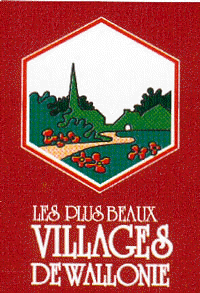 |
| |
At
the confluence of the Eau Noire and Eau Blanche forming the Viroin
river, at 2 km from La Calestienne, some buildings of the former Tannerie
Houben is still surviving: a beautiful example of local industrial
archeology. |
|
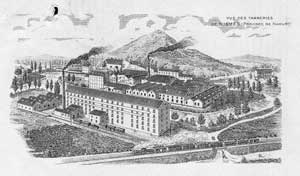
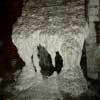 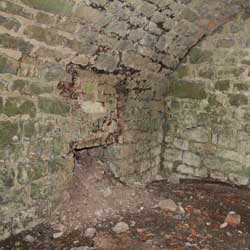
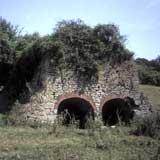 |
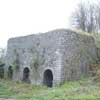 |
Till
the beginning of the twentiest century nearly each village in this area
possessed its own lime kiln(s), of which at least fifty remnants
are still being conserved in the southern part of the
Entre-Sambre-et-Meuse area. (Nearly) nobody pays attention to
these witnesses of a no longer existing industry, and they are located
at the edge of meadows and along roads so you can see them without
paying. |
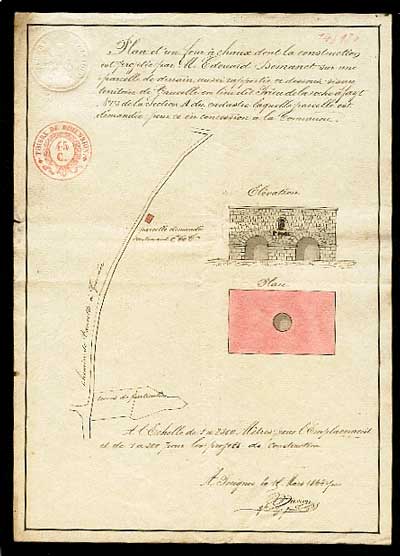 |
| The
Museum of Cerfontaine, at 18 km from La Calestienne, forms
a school example of how musea came into
existance in the early twentiest century: a very diverse collection of all
kinds of objects of local origin, installated in the old desaffected
train station. |
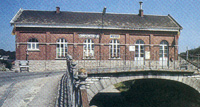
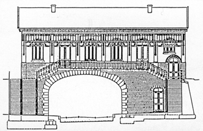

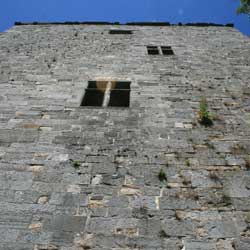 |
| Also
the Tour Salamandre or Salamander tower in Beaumont is a beautiful
example of very local musea: like in Cerfontaine you can find here a very
divers collection of objects related to local history: documents
concerning the earliest history of Beaumont, its tower and
fortifications, reproductions of miniatures of Charles de Cro˙; the
passage of Napoleon is illustrated, .... Here the museum is
located in a nearly thirty meters high living tower, with a splendid
panoramic view from the topfloor. |
| |
A still more specific museum you can find in
Senzeille, at 16 km from La Calestienne: in the small livingroom of a
common house you can see the only object of this museum, the Astronomic
Clockwork of Lucien Charlotteaux. This clockwork has been built at the switch between
nineteenth and twentiest century. A wooden cabinet houses a multitude of
faces, indicating seconds, minutes, hours, weeks, months, years, centuries
and so on. |
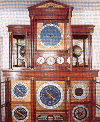 |
| |
The Glass
Museum in Trelon, at 35 km from La Calestienne, has been organised in a former glass factory.
From 1823 this factory produced bottles of all kind, and from 1914 on
scent-bottles; 1977 was closingtime for this business. A
beautiful round oven from the nineteenth century forms the masterpiece of
this museum. In the afternoon the museum organises guided tours and
glass-blowing performances. |
 |
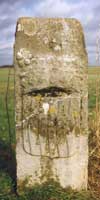 |
Till now I
drew up un inventory of nearly five hundred boundary posts in the
southern part of the Entre-Sambre-et-Meuse area: from banal small
concrete stakes, small poles in local stone without any inscriptions
till heavy massive limestone blocs with beautiful escutcheons and
concrete constructions of more than one and a half meter high to hinder
the passage of vehicles. This boundary posts are logically situated on
frontiers but not necesarily on the French-Belgian frontier; they are
not in musea so you can always go and see them for free. |
|
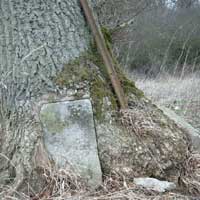
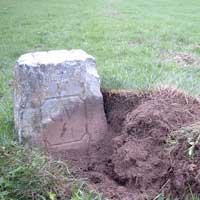
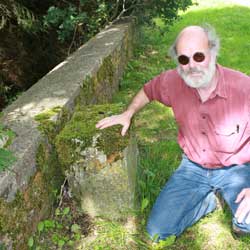
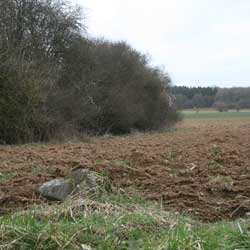
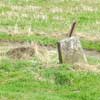 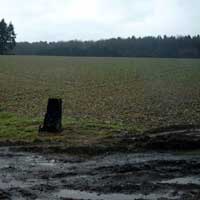
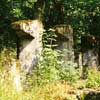 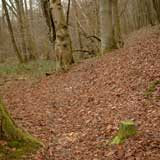 |
| |
The Espace
Arthur Masson in Treignes, at 12 km from La Calestienne, renders hommage to Arthur Masson, a local
writer. Eleven
threedimensionnal decors reflect the lifestyle from the beginnings of
the twenthieth century and dialoges from the works of Arthur Masson in
local Wallonian dialect are simultaneously translated in English. |
 |
| |
The Metallurgy
Museum in Bogny, at 50 km from La Calestienne,
has been installated in an old nailfactory, where a bellow driven by
dogs has been conservated. This museum reflects the once abundant iron
industry in the French and Belgian Ardennes. |
 |


























